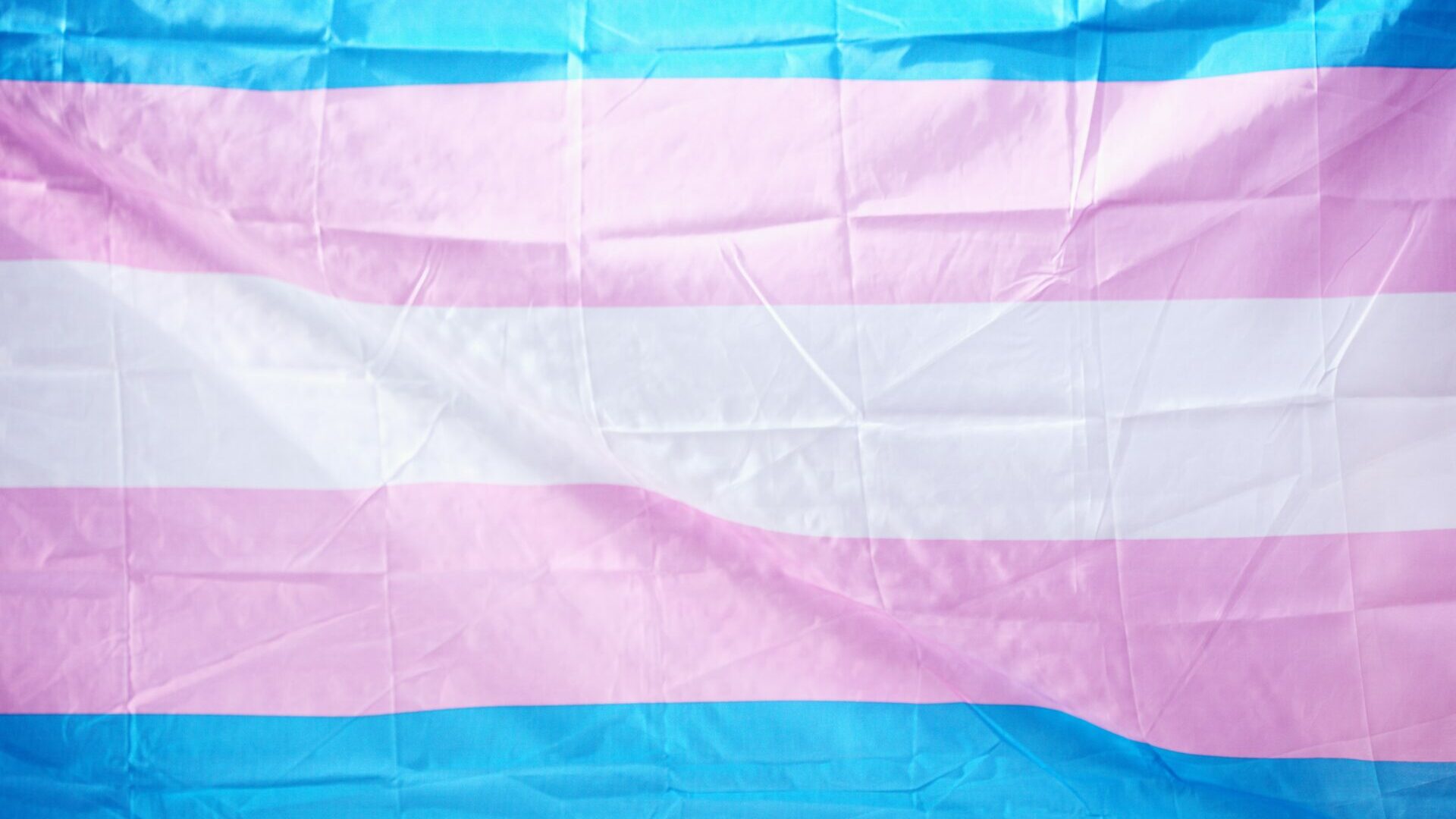Spain inches closer to gender recognition bill
The country's Senate is expected to approve the legislation.

Spain is moving closer to passing legislation that will make updating someone’s legal gender on their ID easier.
The bill passed on Thursday (22 December) by 188 votes to 150. It’s gone to the country’s Senate for approval and is expected to go unchanged.
It allows for anyone aged 16 and above to request a change to their gender on official documents. This must be followed up by a confirmation from the applicant three months later. People aged 12 and above can also apply under certain conditions.
The bill removes the need for a diagnosis of gender dysphoria. Applicants also won’t have to prove they’ve been on hormone treatment for two years. Currently, children need approval from a judge to change their gender.
During a debate on Wednesday (21 December), the country’s Equality Minister, Irene Montero, said the law would affirm trans rights. She also said, “Trans women are women,” as reported by the BBC.
Montero is a member of the Podemos party, who has led the bill through. Podemos are in coalition with Prime Minister Pedro Sánchez’s Socialist party.
Critics of the bill have argued that it threatens women’s rights. However, Montero has previously combated this idea telling a debate in November: “No man needs to impersonate women to rape women, to sexually assault women”. She also asserted: “Trans people do not put us (cis women) at risk.”
Spain’s bill came the same day that Scotland voted to approve reform to the Gender Recognition Bill that will make it easier for trans people to change their gender.
The Gender Recognition Reform Scotland bill was supported by 86 votes to 39.
It removes the requirement for a medical diagnosis of gender dysphoria to obtain a Gender Recognition Certificate (GRC) People will also have to declare they’ve been living as their “acquired gender” for three months (six if they are 16 or 17) before applying rather than two years, and that they intend to live as their acquired gender.
The age at which people can apply for a GRC is also being lowered from 18 to 16.
